
From Students to Stakeholders: Creating a Shared Classroom
Dr. Joel Floyd, educator and founder of Ignite Career Foundation, shares how his team creates an inclusive, learner-centred environment for adult English language learners in the US.

What Does Digital Literacy Really Mean for Educators?
Jacqueline Aguilera, adult educator and digital equity advocate, joins Laura to explore how teachers can embed digital literacy into their lessons—without needing separate “computer classes.” In this episode, Jacqueline shares practical tips for building digital skills with limited tech, discusses the impact of the digital divide in Texas, and encourages teachers to focus on what learners already use in their daily lives.

How EdTech is Transforming Teaching
Kate Bodrova, co-founder and CEO of Amazy, explores how technology is positively impacting teaching. Kate shares insights on how Amazy helps educators create and share interactive, media-rich resources while streamlining workflows. In this episode, Laura and Kate also discuss current trends, including AI’s role in education, the rise of the teacherpreneur, and how educators can leverage technology to enhance—rather than replace—human connection in the classroom.

Bringing Research to Your Classroom
Amira Salama shares insights on practitioner research and how everyday classroom experiences can contribute to meaningful research. She challenges traditional notions of research and highlights how teachers are already engaging in research without realising it.

Rethinking Gamification in Adult Learning
Jade Arthur explores the concept of gamification in teaching adult learners. In this episode, Laura and Jade dive into common misconceptions about gamification, discuss the importance of intrinsic motivation, and share actionable strategies for making learning fun, engaging, and effective for adults.
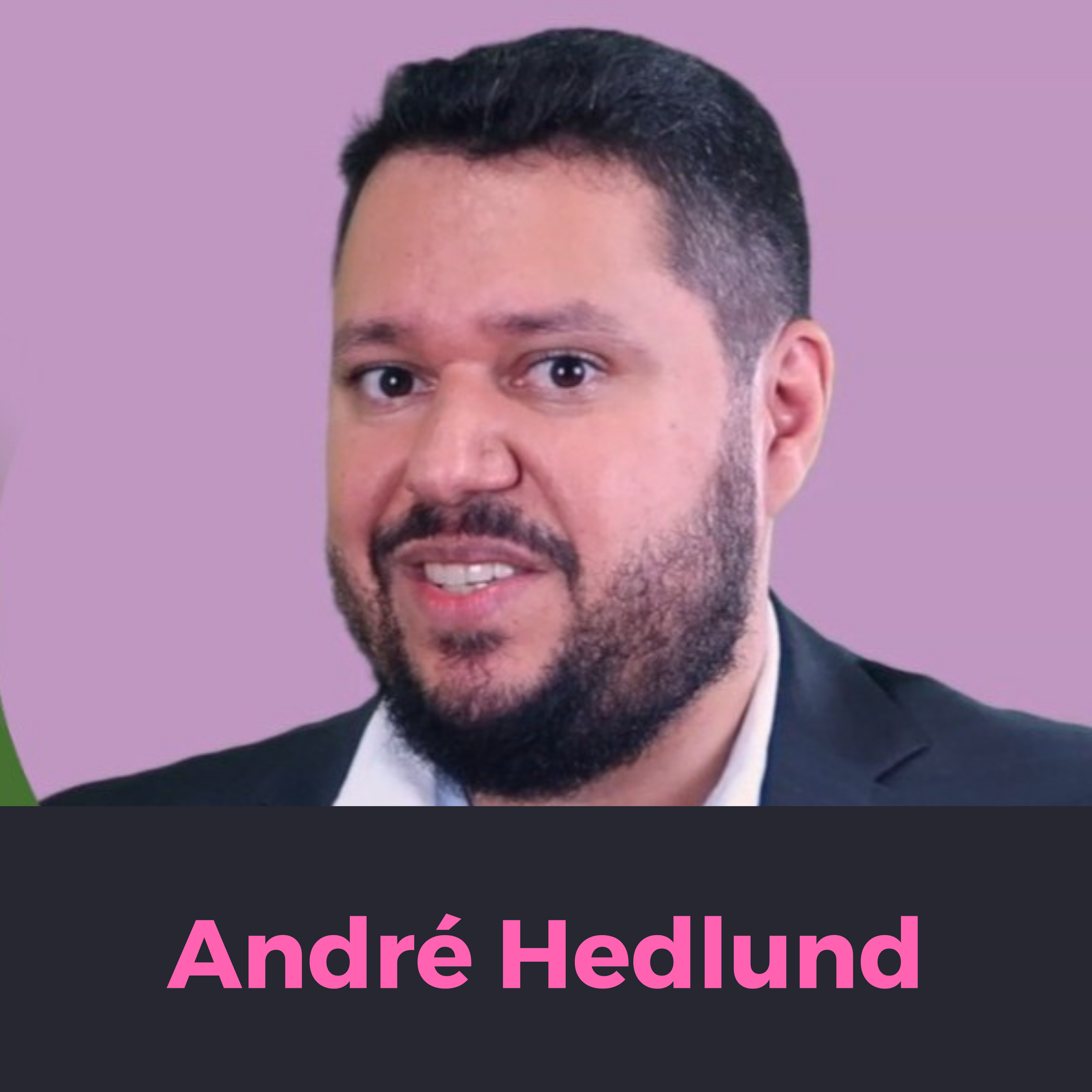
How to Improve Our Attention Span
Founder of the Learning Cosmos André Hedlund explores the growing challenges of maintaining attention spans in the age of digital distractions. André dives into the impact of screen time, executive functions' role in learning, and how going back to basics can foster focus and resilience in our classrooms.
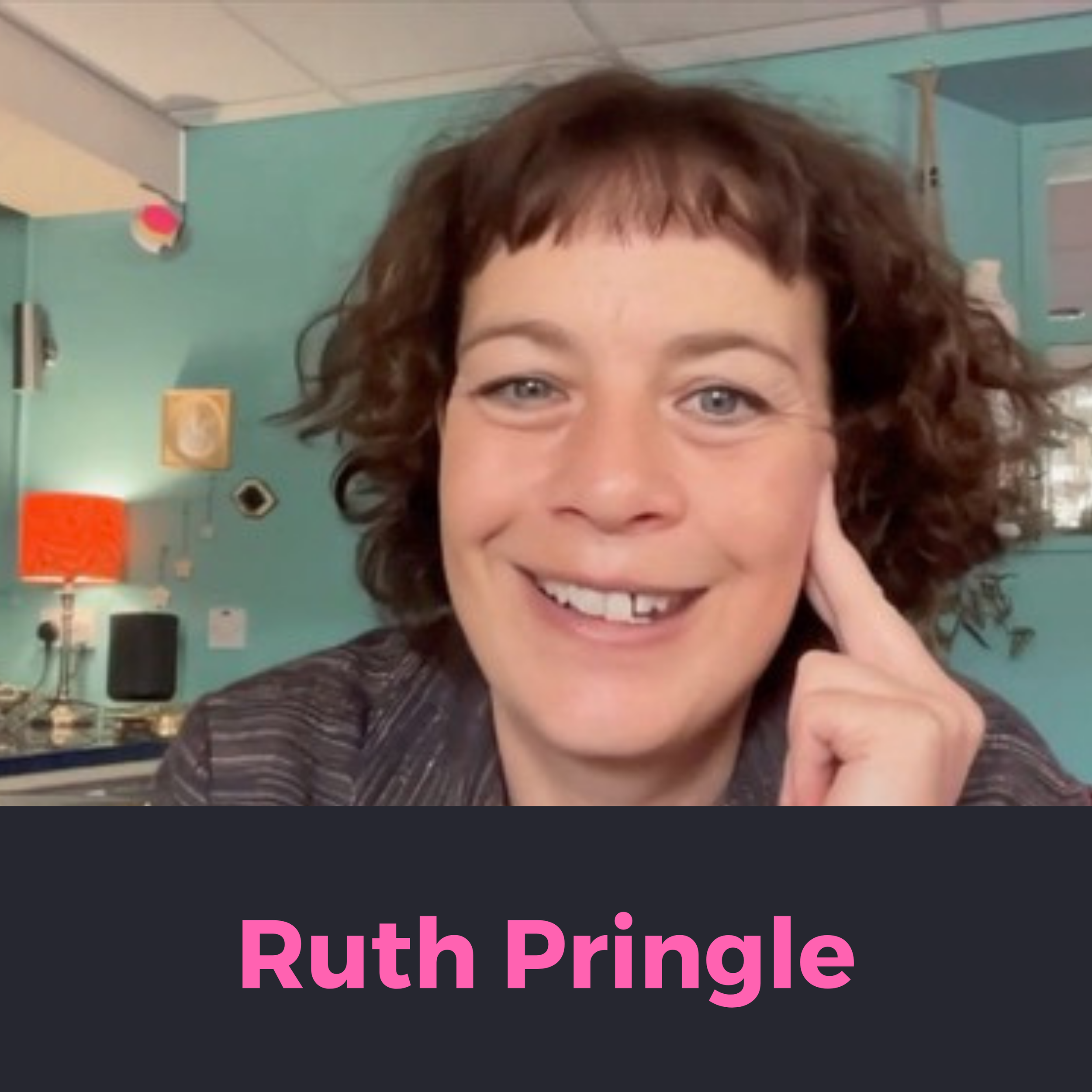
Curating Immersive English Experiences
Founder of Blue Noun, Ruth Pringle, discusses her innovative approach to immersive English learning. Ruth shares how combining outdoor exploration, artistic activities, and community engagement transforms English learners into confident English users.
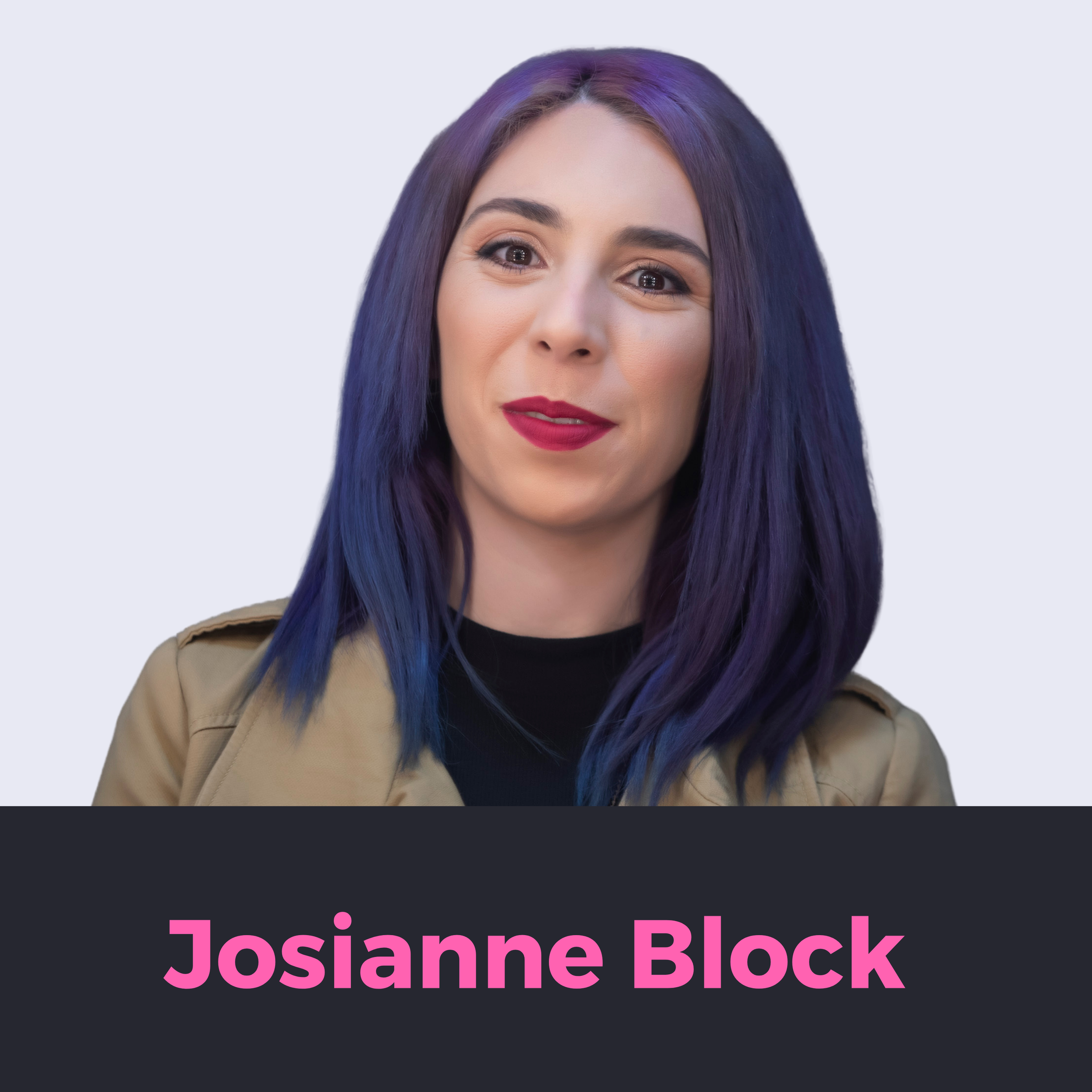
Teaching Tips for Translanguaging
Senior Teaching Associate Josianne Block unpacks the concept of translanguaging. Josianne shares insights on how embracing learners’ linguistic resources can enhance communication, foster inclusivity, and create a more dynamic learning environment.

From Teacher to Teacherpreneur
Teacher Trainer and Podcaster, Shélynn Riel explores what it means to be a teacherpreneur and shares insights on how teachers can transition to entrepreneurship and leverage their skills to build flexible, impactful careers

Finding What Works for You as a Learner
Multilingual speaker Urmi Hossain joins us to share her experiences learning multiple languages and the personalised strategies she’s developed. Urmi’s learning journey highlights the importance of finding methods that resonate with personal goals, interests, and cultural backgrounds.
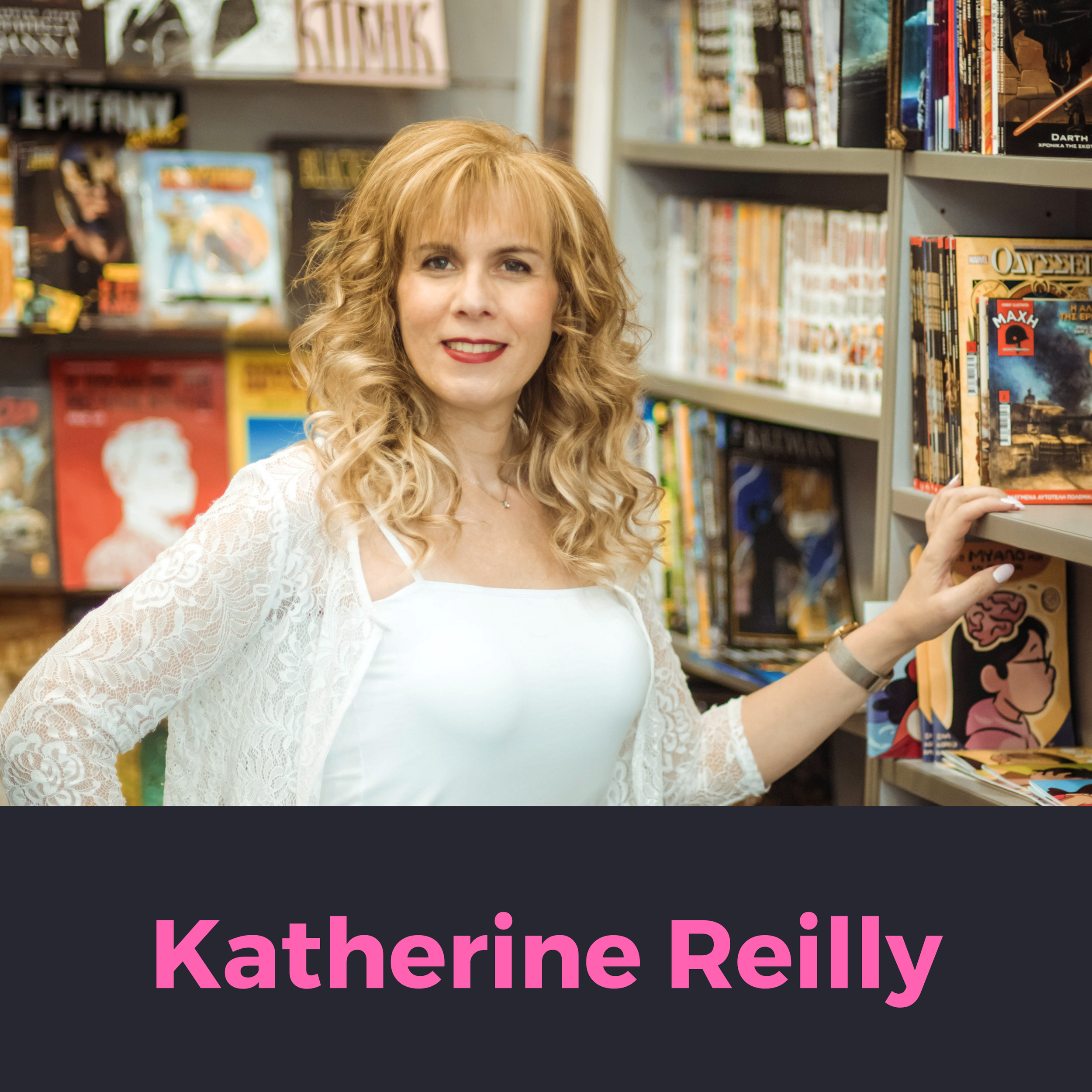
Uncovering Hidden Meaning in our Teaching Materials
Author and Teacher Trainer Katherine Reilly explores the role of Critical Discourse Analysis (CDA) in English language teaching and materials. Katherine explains how CDA can help educators identify hidden meanings, assumptions, and power dynamics within their teaching materials so we can make changes that foster a more inclusive and supportive environment.

Start Building the Career You Want
Author Martin Hajek talks about the importance of role models and access to information to make informed decisions about our careers in the English Language Teaching industry. Martin shares three stories from his latest book More Than A Gap Year Adventure that demonstrate the wide range of career paths that are possible.
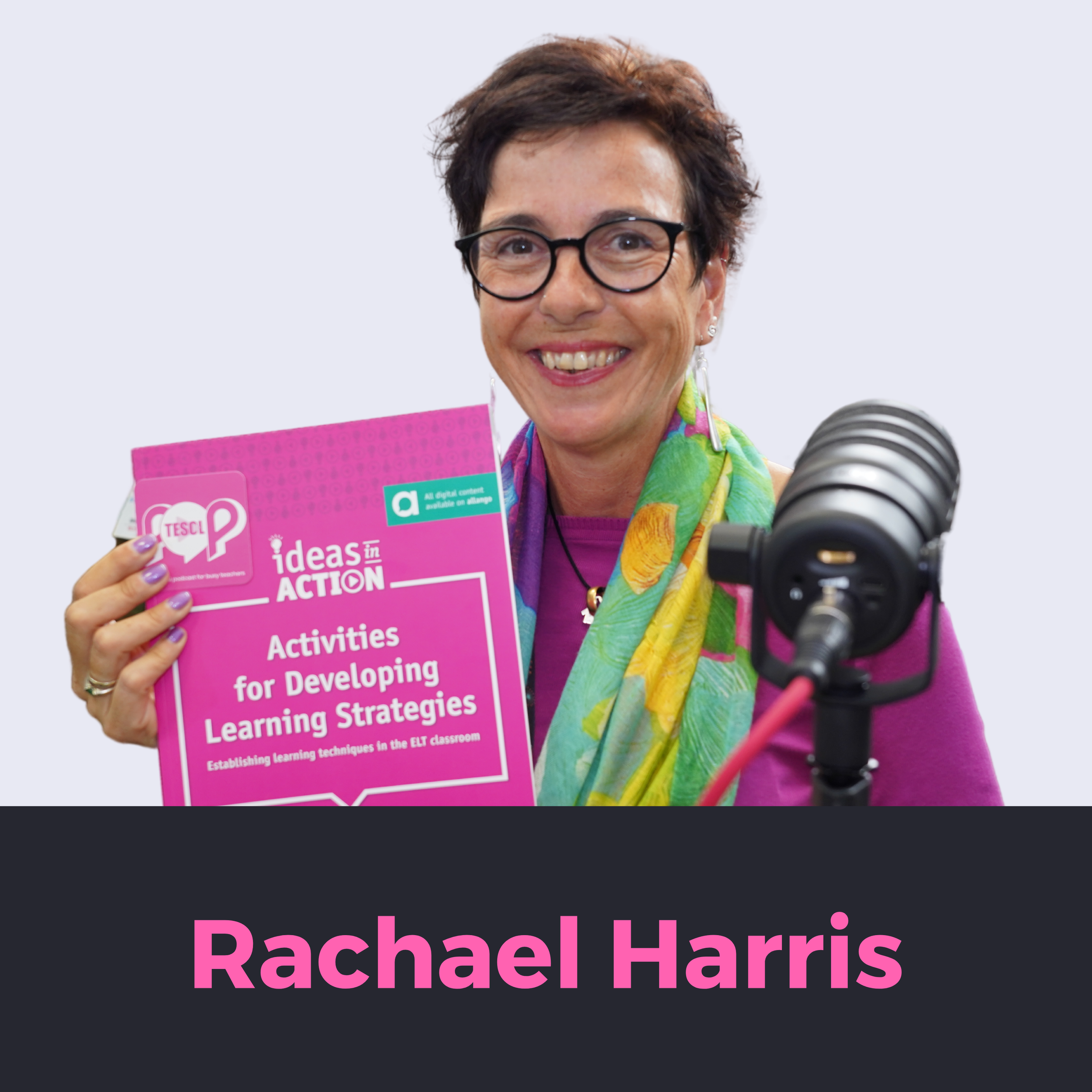
Learning Strategies that Get Results
Author Rachael Harris discusses her latest book, Activities for Developing Learning Strategies, and how her experience teaching teens and young learners inspired her to focus on inclusive practices and strategies to boost students' performance.

Power up Your Professional Development with Experiential Learning
Kirsten Holt, founder of Creativity Sown, talks about experiential learning in teacher development. In this episode, Kirsten shares practical tips for getting started and highlights the value of building a community to exchange ideas and support growth.

Setting Students up for Success in the Workplace
English language trainer Leo Wu shares insights into tasks he uses in his classes to support his Business English learners in developing essential soft skills for the workplace.

Curating Personalised Learning Paths with Online Platforms
Roger Hubmann, founder of Happy Students, talks about the evolving role of online learning platforms in language education and how modern platforms can create dynamic, engaging, and personalised learning paths for students.

Is Generative AI Making Cheating Easier?
In our 100th episode, TESOL Pop's co-founders Laura Wilkes and Eve Conway talk about generative AI and its implications for education. The explores challenges and opportunities tools like ChatGPT present in learning, assessment, and plagiarism.

S9 Special: Build Your Teaching Brand with Videos
Basma Abd Elhamied, founder of TEFLship, talks about the importance of having a personal brand, how teachers can start, and how video can help. Basma also shares practical tips to start creating videos.

S9E10: What to Prioritise When Teaching Pronunciation
Gemma Archer shares insights from her latest book, Teaching English Pronunciation for a Global World, co-authored with Robin Walker. In this episode, Gemma talks about prioritising intelligibility over native-likeness in language learning, setting realistic learning goals, as well as shares techniques we can use to develop learners’ pronunciation.
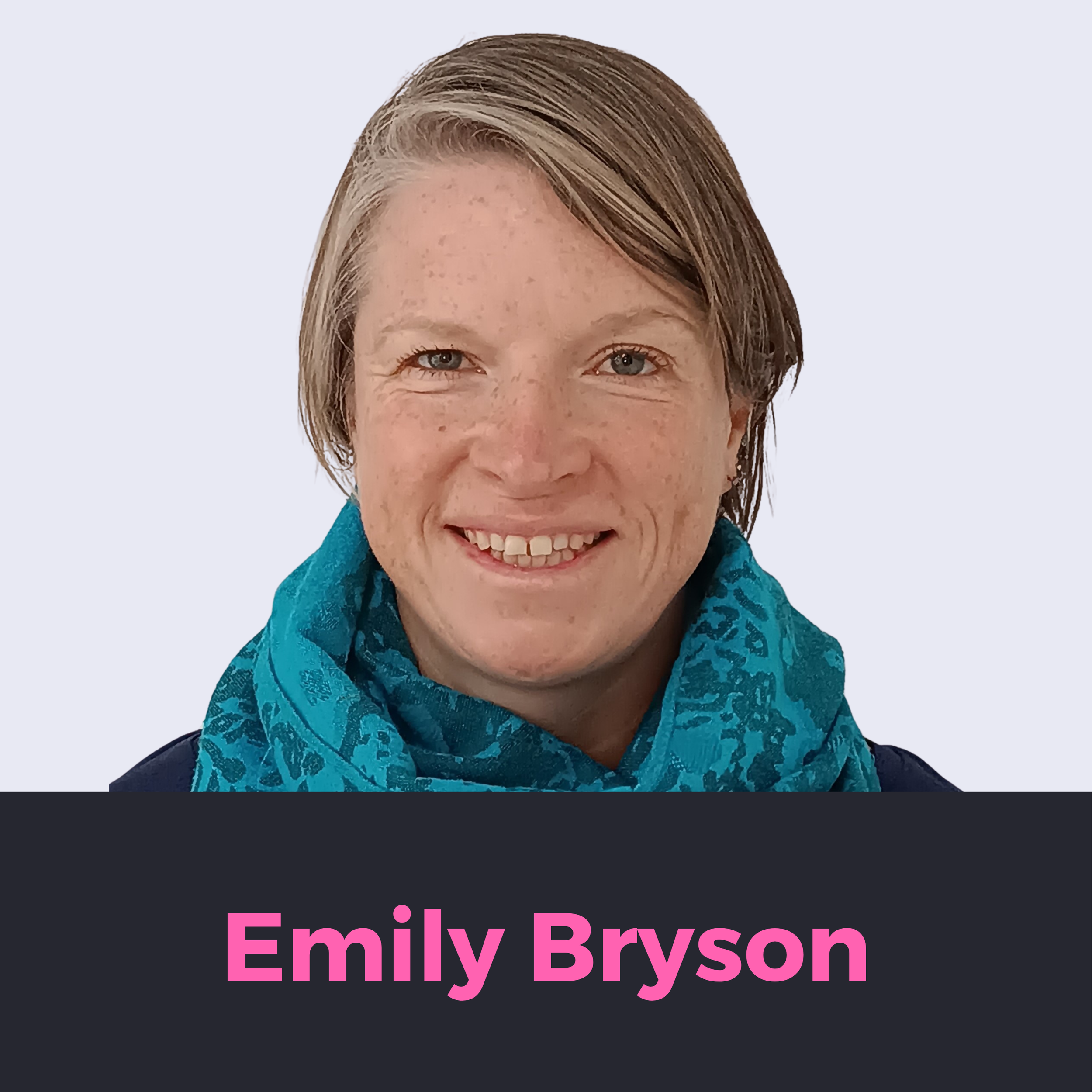
S9E9: Let’s Plan a Podcast using Visual Templates
Emily Bryson shares how visual templates can enhance learning by providing a creative way for students to brainstorm and plan projects, such as podcasts. This episode includes practical demonstrations and tips on incorporating visual templates and graphic facilitation into classrooms.
